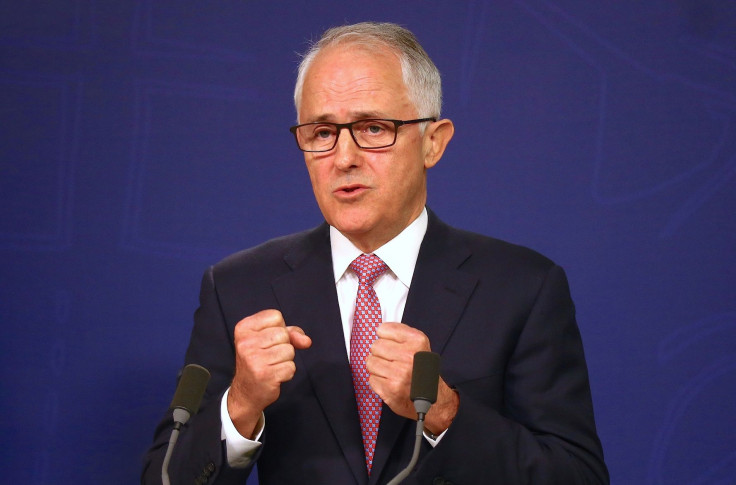Australia-China extradition treaty sinks following backbench revolt

The extradition treaty between Australia and China has sunk after Labor and the crossbench voted against it in the parliament. In order to give the go-ahead, the government required Labor to vote in favour of the treaty.
As part of the deal, suspects escaping China would have been allowed to head home for trial. Prime Minister Malcolm Turnbull announced he was going to withdraw the treaty after Opposition Leader Bill Shorten said Labor was not in support of it.
The decision to tank the treaty came on Tuesday morning. The treaty also saw opposition from other coalition MPs with several who threatened to cross the floor.
"I think it is far preferable for us to repeal the instrument and have further discussions ... that's the responsible thing to do," Foreign Minister Julie Bishop said. "We were relying on the Labor party to support it, because we don't have a majority in the senate we can't deliver it on our own ... so we regroup and keep discussing with Labor."
The treaty was tanked days after Chinese Premier Li Keqiang’s visit Down Under, marking the first visit by a Chinese premier to the country in 11 years. Last year, the opposition expressed its concerns regarding the ratification of the treaty. They urged that a review of the Extradition Act be carried out to make certain it abided by the international legal obligations.
Some MPs have cited a lack of legal transparency on China’s part, its human right record and potential bullying of Australian and dissidents by China as reasons to not support the treaty. The deal was also met with resistance from former Liberal senator Cory Bernardi, who now serves as part of the Australian Conservatives banner. "[China] has a 99 per cent conviction rate, about 1.3 million people are found guilty, and 1,000 are found not guilty. That doesn't strike me as an open and transparent legal system," he said.
Former Prime Minister Tony Abbott opposed the treaty despite giving it the approval when he held office. As reported by Sky News, Abbott gave the extradition treaty the green signal when Chinese President Xi Jinping paid a visit Down Under in 2014.
Bishop has said the ruling coalition would negotiate the decision with the opposition. It has not been made clear whether the cases involving Australians who have been held by Chinese authorities will be impacted by the development.





















